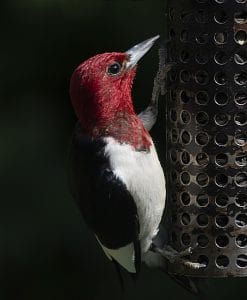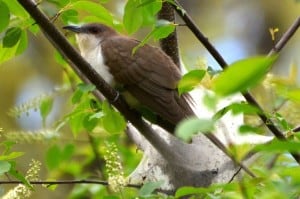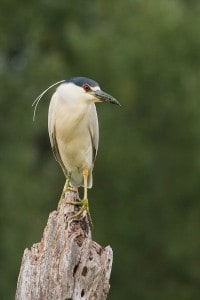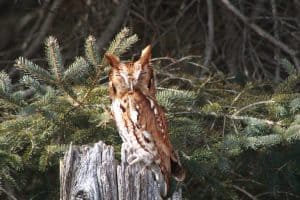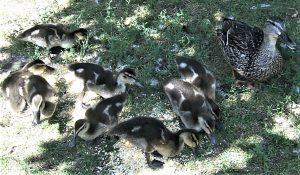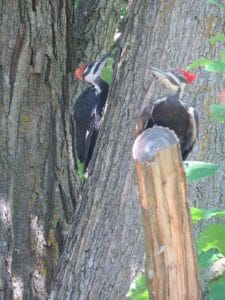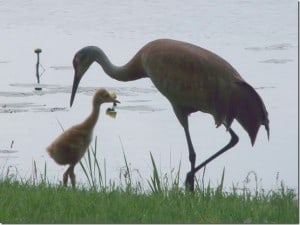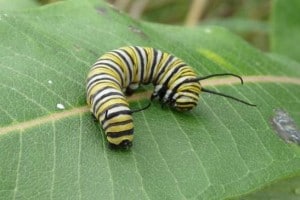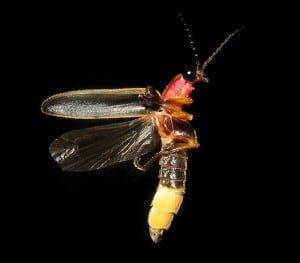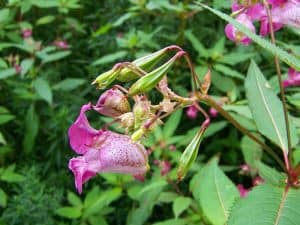Another fox in city dining on Gray Squirrels
There was a large number of squirrels in our neighbourhood. Then came a large, gray-coloured fox, easily the size of my fifty pound Springer Spaniel. I’d often see it at first light, and thrice seen carrying a black-phase Gray Squirrel. The squirrel population has dropped dramatically. As of July 23, I have not seen the fox for about three weeks. I presume he has moved on to another neighbourhood where the roof rabbit harvest is more promising. When I first saw the fox, I was not sure what I was looking at. I thought perhaps it was a coyote/fox hybrid, but that probably does not happen. Larry Love, Norwood Terrace, Peterborough
P.S. By the way, there is lots of Black Bear activity in Kawartha Highlands Provincial Park. Last Thursday while stopping for dinner on Campsite 301 (Wolf Lake) I saw a handwritten “Bear Warning” note, concerning a juvenile nuisance bear. The sign was tacked to a tree at the site. During our two hour stay, there were a number of gawkers who came into the bay to see if there was a bear around. One kayaker told me about an MNR culvert trap set on a cottager’s property, not far from Site 301. Two years ago, I put a small bear off of an adjacent island. He had been gorging on blueberries. The bears are everywhere in KHPP, but this boldness is new.
Red-headed Woodpecker at Gannons Narrow (July 21) This is the first year we have ever seen one in the area. He has been around since early June and just in the last week or so has found our black oil sunflower seed feeders. He is a feisty fellow who will scare away the other birds and not give way to blackbirds or jays who try to get him to move. Kingsley Hubbs, Gannons Narrows, Selwyn Township
Black-billed Cuckoo near Warsaw: At around 8 pm this evening (July 20), I heard (twice) the call of a Black-billed Cuckoo in our bush near the Indian River. I didn’t see it, but its call was unmistakable. It moved to 2 different locations within the bush. We’ve been here 19 years and haven’t heard a cuckoo every year. Jane Bremner
Black-crowned Night-Heron (Nycticorax nycticorax) (1) from eBird
– Reported Jul 19, 2018 15:13 by Daniel Williams
– Peterborough–Millennium Park, Peterborough, Ontario
– Map:
– Checklist:
– Comments: “Flew out from willow tree on island, landing on dead tree near sand bar. Presumably same individual reported here a few weeks back. ”
Eastern Screech-Owl (Megascops asio) (4) from eBird
– Reported Jul 17, 2018 20:50 by Daniel Williams
– Peterborough–Beavermead Park, Peterborough, Ontario
– Map:
– Checklist:
– Comments: “1 adult, 2 young, and presumably a 3rd young calling. Adult giving steady hoot calls similar to NSOW, but mixed with clicking and whinnies. In ecology park hopping around. Seen previous night as well but only as silhouettes. ”
Our neighbor has a family of Mallards visiting regularly. What is remarkable, however, is that all of the ducklings have, so far at least, survived. They have survived the Great Blue Heron that has totally cleaned out the Eastern Chipmunk population. Sad. Yeah, I know, nature. But, the maddening part, of course, is that the Great Blue is really, really lazy. He has decided to stop fishing, and go chipmunking! Gord Young, Armour Road
We have had 3 Pileated Woodpeckers in our yard at the same time this month. However, I couldn’t get all three in the picture below. We know there are a male and a female juvenile, but we’re not sure about how many adults/parents. The Osprey nests around here all seem to only have one baby this year but its really hard to tell. We watch the nest behind us in the ball diamond, the nest on the Bridgenorth-Selwyn Road, and the one at the corner of Yankee Line and Robinson Road across from the trailer park. Jennie and Peter Gulliver, Communication Road, Bridgenorth
On July 12, we were camping on Secret Lake in Kawartha Highlands Provincial Park and saw a pair of Sandhill Cranes and 2 half-grown chicks foraging along a marshy shore. Secret Lake is located north of Long Lake and Loucks Lake. It is reached by a short portage from Loucks Lake. Gary Moloney
It seems that my leaving wide swaths of my orchard uncut to establish zones of biodiversity, which include apple trees, nesting boxes as well as many milkweeds, has paid off. This morning, July 9, I noticed quite a few Monarchs fluttering about and visiting multiple milkweed plants that are happily blooming – having escaped the blades of my bush hog! Michael Gillespie, Keene
I have lived outside of Millbrook for 20 years & have noticed a large decline in birds and bees. I’ve also seen very few fireflies, whereas they were abundant a few years back. Ludvik Kouril (July 9)
I have a very large patch of Himalayan Balsam in my backyard. I’ve been fighting this invasive species for years, and I was just about to start pulling these plants out when, on July 7, I saw a Monarch laying eggs on them. Wendy Hicks, Peterborough
N.B. Don Davis, a Monarch expert, told me that this is very unusual. D.M.
